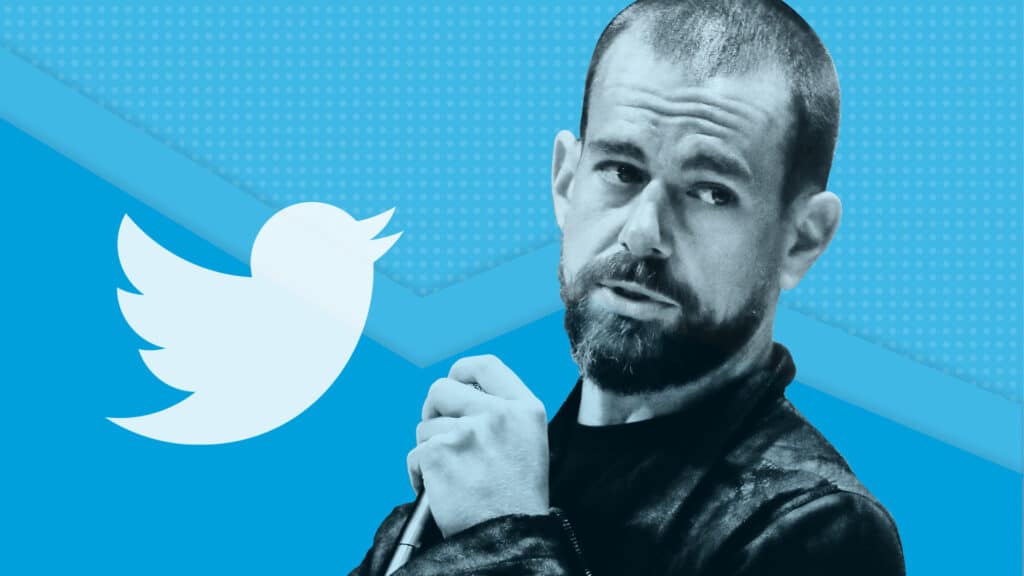With the recent announcement of the upcoming departure of Twitter CEO Dick Costolo, speculation has been rife with regards to who will head up the social network. However, despite Twitter’s rise to prominence in less than 10 years, they’ve had a real issue in maintaining a solid management team. For Twitter to continue to progress they need to address this flux – but how?
Costolo was the CEO of Twitter from 2010, during which time the majority of the management team changed around – only Peter Fenton of Benchmark Capital has lasted since the 2010 reshuffle. Whilst Twitter look for a new executive officer, co-founder Jack Dorsey will find himself acting as an interim CEO, after himself working a variety of different management roles within the company.
The main issue for Twitter is that they’ve never had a true leader in the way that Facebook has Mark Zuckerberg, or Microsoft had Bill Gates. Despite the fact that Twitter is one of the most popular social networks going, with over 500 million users and a widespread global influence, many people would have no idea who Dorsey, Evan Williams, Biz Stone or Noah Glass are, despite all four helping the launch the site in 2006.

When Dorsey stepped down as CEO in 2008, Williams took charge. That was until 2010, when Costolo took the reins after Williams apparently wanted to focus solely on product strategy. Now just five years on, Dorsey is again back at the helm of a company that has had four major management reshuffles in its less than 10 year history.
Costolo’s departure was largely due to a stagnation in the growth of the user base, with advertisers concerned that Twitter cannot provide the investment return that other online methods can. Therefore if Twitter wants to reach that next level of success, they are going to have to bring in somebody who can address these primary issues.
Twitter’s growth since 2006 is nothing short of impressive, but they now need to find a CEO who is not only experienced in advertising but also in managing his or her workforce. If they can find someone to steady the proverbial ship, creative a cohesive management team, then there is no reason for Twitter not to continue the success that it has found over the past nine years.